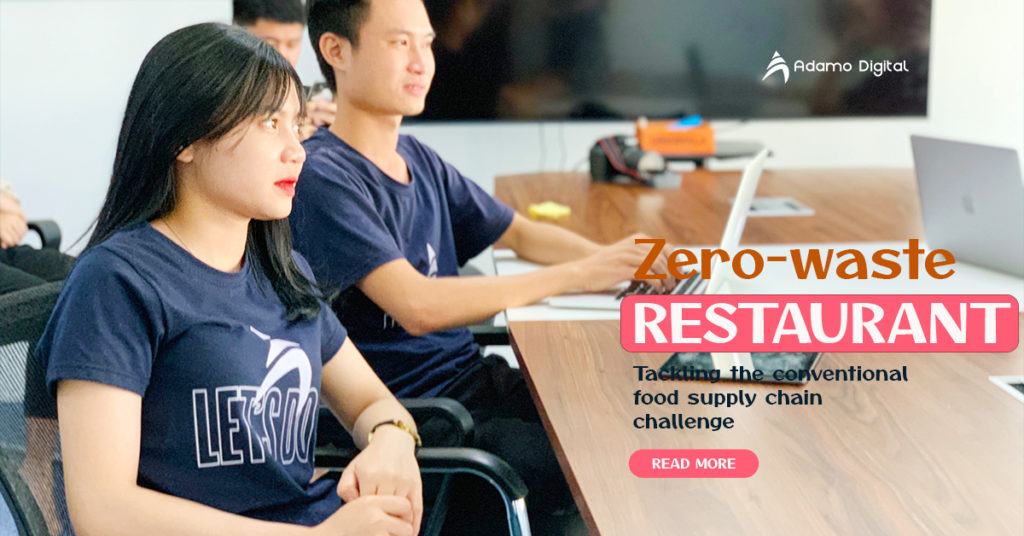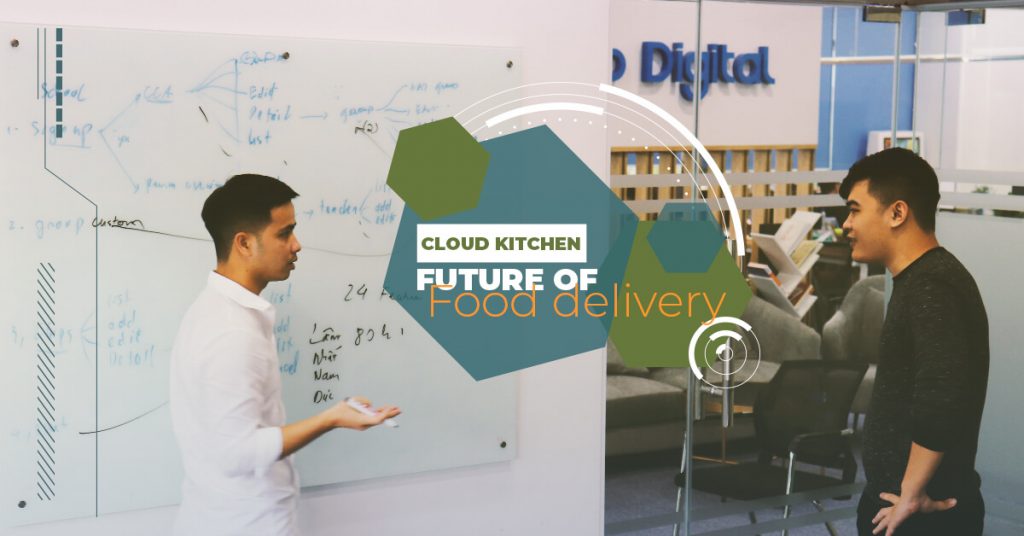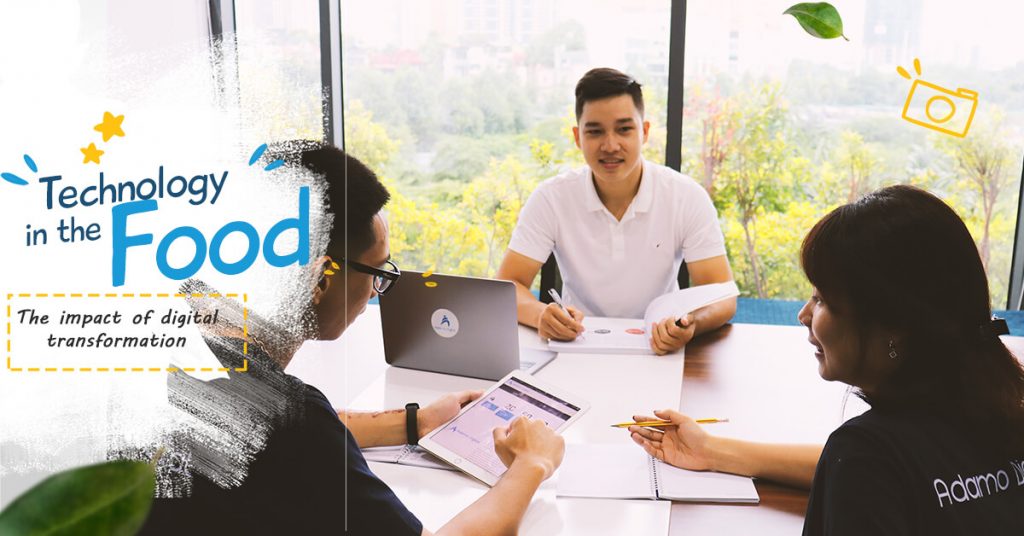Restaurant customer journey: customer experience and journey maps
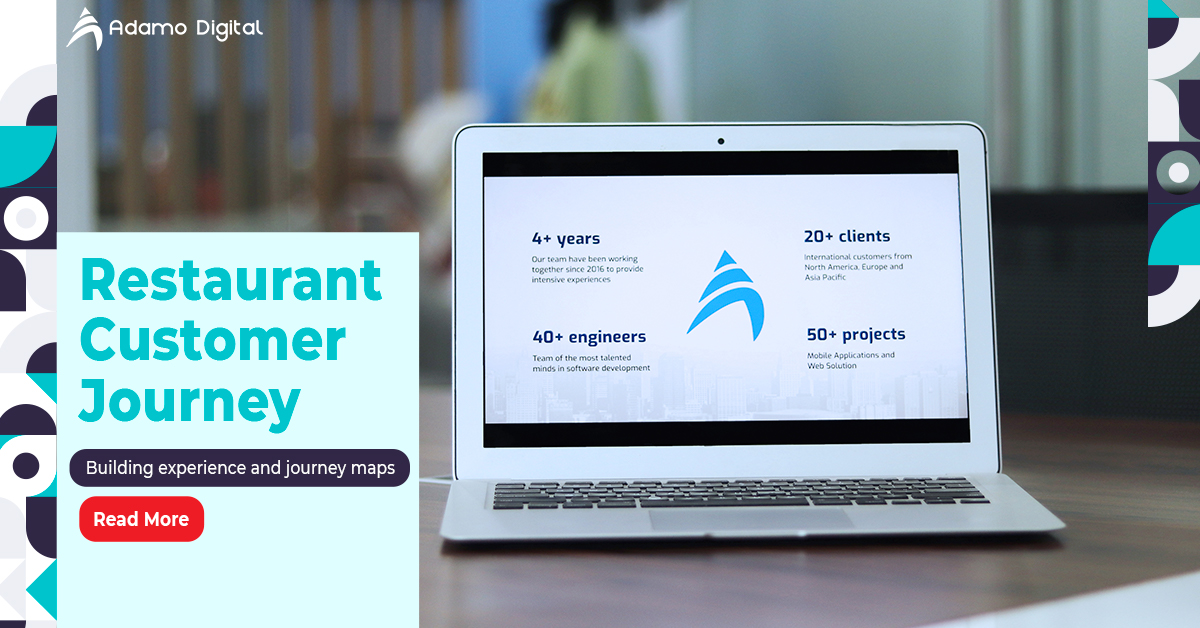
Understand the restaurant customer journey means capture proper customer behavior in restaurant services. The current technologies would help with interpretation.
Restaurants or food services in the modern world are not only selling food for customers. With the rapid growth in life quality, dinner expects more than only a meal in restaurant services. They expected a comprehensive food services journey that goes beyond some physical experiences but mental satisfaction.
In fact, the rapid development of smart devices changes the way customers enjoy your restaurant purchasing. Accordingly, having food only takes a typical point in purchasing value chain. Additionally, eating is not an end of the restaurant customer journey. On-demand food ordering apps or on-demand food delivery have thoroughly switched the way restaurants serving their dinner. After-sale services currently play a crucial role in customer journey maps, that they can even end up with services review.
In this article, we discuss how technology drives the flow of restaurant customer journey. It could start with some concept description. We also mention the challenge that restaurant face in offering a unique experience in user journey maps with some suggested solution.
The restaurant customer journey in the context of food and beverage software
In the past, a typical restaurant customer journey could start with orders, then end with leaving restaurants. However, with the participation of software solutions and mobile apps, it becomes more complicated. Customers would walk through a long way of their user journey from communication, order, tracking, payment placing, pickup, delivery, and even review sharing. In which a decent customer journey map is fundamental in the service improvement process. Before start, let’s find out what exactly customer journey mapping.
What is customer journey mapping?
The purpose of defining a customer journey map for a restaurant is to provide guests with the best possible experience that will keep them returning back.
In the marketing context, customer journey mapping recall visually the series of customer activities related to your company, both online and offline. Unfortunately, grabbing the offline interaction might not an easy task. Accordingly, the current customer journey map only specifies customer approaches with several online activities of your brand. It stimulates the process of creating a digital customer diary, providing valuable insight for businesses.
In practice, Customer journey mapping helps businesses understanding how customers see your brand. Whereby it points out what parts of business strategies successful and what should be improved further. Additionally, customer journey mapping enables businesses to adapt personation strategies, which offer custom products and services based on individual customer preference.

Apart from that, companies currently leverage customer journey mapping for four main reasons:
_ Capture the process of customer onboarding
_ Auditing your customer experiences indicated by their actual actions
_ Deep insight into purchasing persona and customer behavior
_ Improve better customer experience design follow real value.
Customer journey map restaurant
Similarly, with the user journey map, customer journey map restaurant emphasizes how dinner interact with restaurant services. It consists of visual representation of journey from the beginning when customer approach restaurant brands, and end with review leaving about eating experience.
Basically, the restaurant customer journey is not a form but a concept. It interprets guest experience related to what they are looking for and what significance to their satisfaction. According to Deloitte insight, within total restaurant experience, there are five elements that impact the most on the restaurant customer journey, based on customer points of view.
_ Engagement: interaction between customers and restaurant staff. It admires well-trained employees and a professional service atmosphere.
_ Empowering: the ability to customize restaurant services or orders. In which, dinner is seemingly less prefer restaurants with rigid menus with limited options empower customers to control their order.
_ Hearing: Ability to serve particular needs. To be specific, food and meal prep changes depending on one climate condition or regular menus changing based on customer feedback.
_ Delight: Ability to deliver a unique experience that could be a surprise for dinner, including free dessert, birthday set, giant food, or more.
_ Understanding: restaurants should keep past preferences of dinner in the digital system. Whereby, they could predict future order events before customers placing them.
Within the five above elements, engagement tends to be the most important for dinner. It takes roundly 34% significance within the dining style for their journey mapping.
User journey example
To help you understand thoroughly the role of the restaurant customer journey, we divide the food sector into two parts, including restaurant and food services.
Before drawing the restaurant customer experience, you should initially clarify the goals and customer personas, which helps you imagine what point should suitable for this typical type of dinner.
In turn, a restaurant customer journey map should include 9 stages:
| Awareness: | Channels or sources suggesting your brand. Digital channels as Facebook, Instagram, TripAdvisor, maps nearby, etc. Physical channels such as leaflets, newspapers, hotel pamphlets, etc. |
| Research: | How customers perceive your brand. |
| Arrive at the restaurant: | What vehicle drive customers to your brand |
| Placing orders: | calculate the ordering time |
| Waiting for order: | Calculate the waiting time and staff interaction |
| Dinning in: | time customers staying in your restaurant and how they feel about the services and atmosphere |
| Payment: | Calculate the time for payment |
| Review: | follow customer review of your brand via social media |
| Return: | audit the coming back rate |
After having those stages, you should define customer goals and expectations for each. In which listing touchpoints would help with evaluating the effectiveness of marketing channels.
Customer journey map example in restaurants
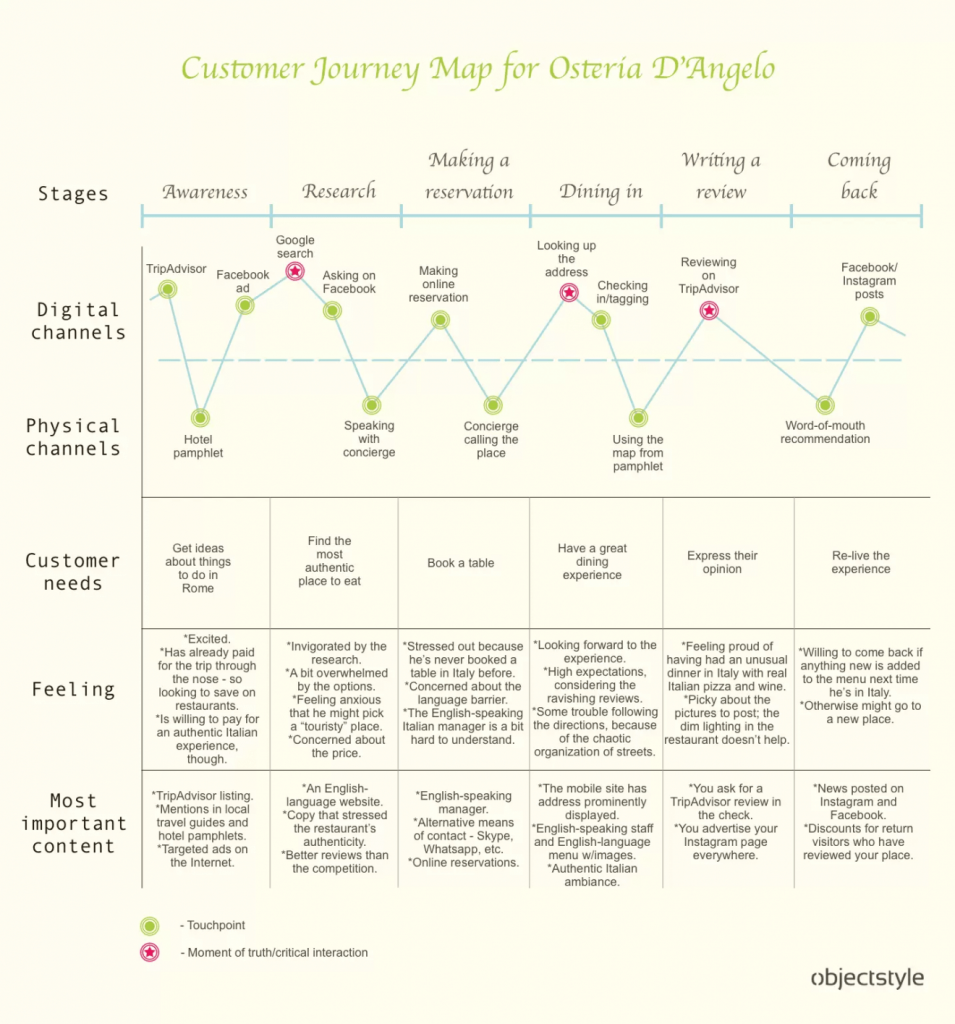
Here is one example of how a restaurant draws a customer journey map.
Customer journey map example in Food services
User journey example for food delivery app services or food ordering app services

Restaurant customer journey challenge and solution
According to Harvard Business School, emotional connection is the key in the restaurant customer journey. Since the concept of emotion relates to momentary and personal, it could be challenging for restaurants to improve customer feeling. In fact, researching restaurant customer journey cannot end that it changes steadily following individuals and time. Fortunately, there are some point that leader could consider to take an effort for nurturing a better customer experience
How restaurant win satisfaction in the customer journey
Investing more in food and beverage technology is beloved to improve 2% in sales. Expressly, restaurant customer experience software development could add automation and track into the journey mapping process. Accordingly, it enables the capacity to offer a better customer experience to dinner. According to a survey done by Deloitte, 60% of diners admit that they will frequently choose a restaurant brand if it offers a positive experience. Additionally, roundly 40% of respondents proposed that they would spend more on good services restaurants, not limited in the food quality only.
One of the most significant challenges of the restaurant customer journey is that the concept of experience is not clear. It contains a large number of criteria. That means restaurants could get into trouble when choosing whether to focus on a group of experience elements or tackling a broader area. In fact, only 40% of dinners enjoying positive restaurant experiences would share your brand with their relatives. Besides, only 10% of them would share it on social media. It means there is no comprehensive Restaurant customer journey since restaurants are lack information to create it.
Accordingly, indirect information collection would not a good idea. Restaurants should execute the loyalty program to directly ask your dinner about experiences. Accordingly, email automation, push notification, or other tools could be applied for creating the customer experience journey. Expressly, you can send series of emails to ask your contact to fulfill your survey.
Expectations in the development of restaurant customer journey
Technology advancement plays a crucial role in delivering a quick and fast-casual environment in the restaurant. Accordingly, it enables the capacity to customize services to each dinner. The collaboration between the restaurant POS system and customer relationship management system (CRM) delivers proper insight into dinner preference to predict their future need.
Experts believed that restaurant should accelerate their digital strategies to capture more benefit of the digital restaurant customer journey. In fact, digital transformation in the food industry allow data collected at the right place and at the right time. Digital tools as mobile app development or food ordering platforms would help with better interaction among dinners and restaurants.
Also, with real-time tracking technology, digital technology in food industry promises to rapidly enhance the restaurant experience within minutes. For instance, digital menus and food preparation connecting systems would instantly take customers to participate in the value chain with a unique experience.
In conclusion, the restaurant customer journey tends to be an innovative tool for to restaurants stay in touch with their dinners. Protect and improve positive experiences are the only methodology to win customer satisfaction.



